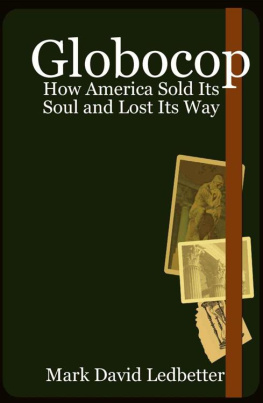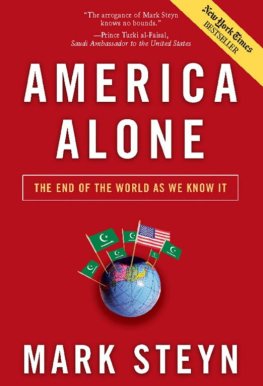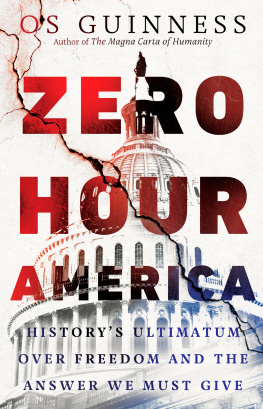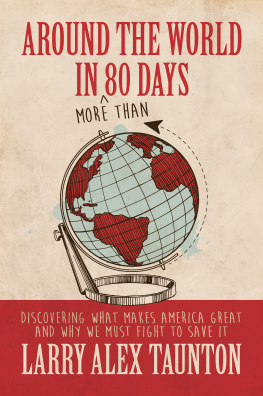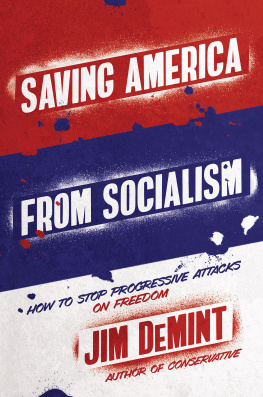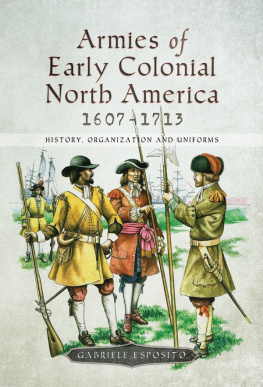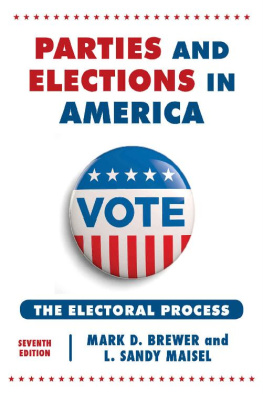
Globocop
How America Sold Its Soul and Lost its Way
Mark David Ledbetter
Globocop
How America Sold Its Soul and Lost Its Way
By Mark David Ledbetter
Copyright 2009
Print Edition ISBN 978-1-4116-1800-8
From Lulu Enterprises, Inc.
Also available:
America s Forgotten History. Part One: Foundations
America s Forgotten History. Part Two: Rupture
by the same author.
For more information, please visit:
www.lulu.com/markledbetter
All rights reserved by the author. Except for quotations, no part of this publication may be reproduced, stored in a retrieval system, or transmitted in any form or by any means, electronic, mechanical, photocopying, recording or otherwise, without the prior permission of the publisher or author.
Table of Contents
Preface
9-11 changed everything. The future of our nation seemed suddenly not so sure, nor the judgment of our leaders so wise. A strength of democracy is that in times of such confusion, ideas may arise from unlikely places. I will take that as justification for attempting what might normally be better left to experts and the intellectual leadership: a search for where we went wrong, how we lost our way.
The Christmas following 9-11, I received the book While America Sleeps by Donald and Frederick Kagan. It was billed as the book that would define America s place in the world for the 21st century, the foreign policy bible for the conservative movers in Washington and the intellectual leadership of the nation. The senders of this tome judged that a small-government low-tax constitutionalist like myself would like it.
Hardly. In fact it inspired the search that resulted in this counter argument.
It was the first of three books that I started the new year with. It proclaimed itself the salvation of America . But in all its densely packed 400 pages there was not a single word about any of the following: the Constitution, the Bill of Rights, George Washington, Thomas Jefferson, James Madison, Washingtons Great Rule, or the Monroe Doctrine, which defined a foreign policy for America, or its writer, John Quincy Adams, or his admonition that America never go abroad in search of monsters to destroy. Instead, it made a case for an aggressive worldwide military-centered foreign policy using the collapse of the British Empire as an object lesson.
There was nothing about the Constitution, but there wouldnt be, would there? You cannot build a case for empire and at the same time a case for the American Constitution. The Kagans, and most of America , choose empire.
Hard on the heels of that book I read two more, also published relatively recently but still pre-9-11. The authors, strange bedfellows, are both failed presidential candidates, one a conservative Republican, the other a liberal Democrat. Both looked, on almost every page it sometimes seemed, to the Constitution for direction and inspiration. Both virtually predicted 9-11. Both build a case for returning America to the kind of foreign policy intended by its founders. The two books are A Republic, Not an Empire: Reclaiming America s Destiny by Patrick Buchanan and The Minuteman: Restoring an Army of the People by Gary Hart.
Since then I have read much, thought much, and discussed much; now I make my case for reclaiming Americas destiny and restoring an army of the people; for, in other words, constitutional foreign policy. The Constitution, as most Americans no longer realize, is not only a document for freedom. It is a document for peace, maybe the most important political document for peace in the history of the world. But only if we follow it. I hope I can convince you that we should.
CHAPTER ONE: A Foreign Policy For America
he founding fathers of America were acutely aware of the significance to history of the unimportant little sliver of under-populated coastal real estate they had just turned into a republic. They knew with almost unreasonable certainty that it was destined for greatness and destined to change the world. But they were, ultimately, not crusaders. They saw America as the shining City on the Hill - the light and model of freedom, not the sword.
They could not be crusaders. Crusading requires standing armies but Americans at the time knew that standing armies are the tools of kings and tyrants. They knew that standing armies are expensive. And they knew that standing armies, like all government institutions, seek justification, purpose, and continuation. They knew, in other words, you cannot have a standing army without it being used regularly either on your own citizens or in foreign adventures.
So the founders designed a government that would protect the nation with a citizen army - a militia - backed by a tiny (2,631 soldiers, to be exact) professional standing army. That is what they had in mind when they wrote the Constitution. That is why they prefaced the Second Amendment (the right of the people to keep and bear Arms shall not be infringed) with that first phrase (A well regulated Militia, being necessary to the security of a free State ). That is why they put in the requirement that America would never go to war at the discretion of one man, that war would only happen after a national debate in the halls of Congress by representatives of the people culminating in a declaration.
That is what they intended. That is what the Constitution requires. But that is not what America has. It has large and permanent professional armies standing not only in America but around the world. It expropriates 600 billion dollars a year to support them; up to 900 billion if you include military-related expenditures buried in other parts of the budget and interest payments on previous military spending. It has the decision for war taken out of the hands of the people who must fight and pay for it and put into the hands of one man. It has had over a half-century of the easy warfare that can only happen when the Constitution is ignored.
How did America get from there to here? Was it necessary? Is there no way back? Were the ideas of the founders and the constitution they wrote inadequate for modern realities? These are the questions this book hopes to answer. The answer will mirror the authors quest in looking for it. It will take us to Greece , Rome , England , Switzerland , Israel , and even Munich . But it will start and finish in America .
PERIOD ONE: THE WORDS
At the risk of gross simplification but with the hope of meaningful organization I would like to propose that there have been only three periods of foreign policy in American history, and that all three are defined by the interplay between just two impulses. The two often contradictory impulses, the desire to protect the nations freedom and the desire to go crusading, have existed from the beginning. Often they have existed simultaneously even in the same person, but only one can prevail at a given time. The impulse to protect was dominant until 1898, the first period. Then there were four decades of wavering, the second period, followed by the last six-plus decades when America became a crusading nation.
This is not what was intended. It was Thomas Jefferson, naturally, who expressed the reason most succinctly.
Peace, commerce and honest friendship with all nations - entangling alliances with none.
But it was not only Jefferson . The sentiment had deep roots in the American psyche and dominated American foreign policy for over a century. The crusader instinct was also there, not the dominant sentiment, but still powerful. Maybe that is why so many admonished Americans so often and so eloquently not to go crusading, starting with George Washington.
Next page
